Whether you have ever used a rotary laser level before or not, you will have concerns about how to use the device every time you come across a new model. Whether it is a rotary laser level or a simple underground utility locator.
Through our FAQ questions, we offer you the answers to most of these concerns so that you can properly use the laser level.
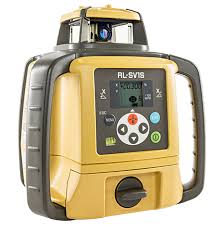
The rotary laser level has a range specified on the packaging, instructions, or device, and comes with a laser-level tripod. The self-leveling range is the amount the level varies as a result of the casing. You need to know this information to be able to use a self-level option correctly. Knowing this will allow you to use the level correctly and avoid making needless adjustments.
For example, when a rotary laser level is set to within 6 degrees, the level produces a level beam within a six-degree range. Beyond this 6 degrees, the laser leveler will fail and make a sound or make a flashing beam light. These signals indicate that it is not level.
A Rotary laser level or any other level only works for a few feet of distance in sunlight. Therefore, there are no laser levels with complete visibility outside.
A rotary laser level has a receiver that projects the rotating dot at whatever distance that the level is made for. This distance depends on the laser you buy. However, you may not be able to see the laser beam outside in the daylight.
The rotary laser level is made to be used inside. Indoor rotating lasers produce visible lines, and you can adjust the settings for different line modes. If you still have trouble seeing the laser, you can wear laser enhancement eyewear to improve visibility.
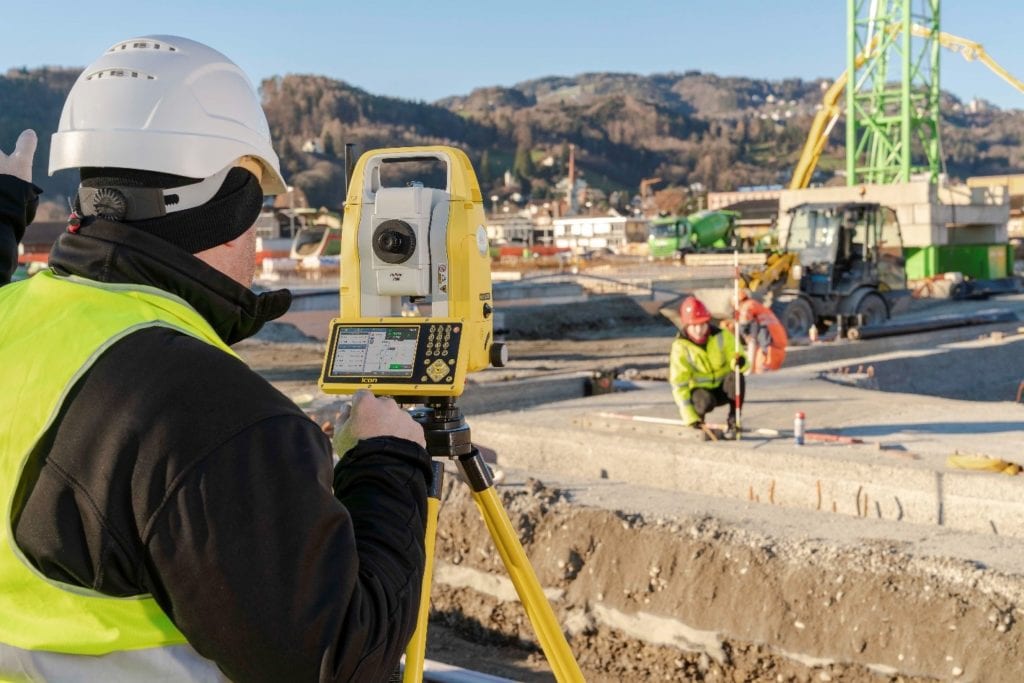
A Rotary laser level or any other level only works for a few feet of distance in sunlight. Therefore, there are no laser levels with complete visibility outside.
A rotary laser level has a receiver that projects the rotating dot at whatever distance that the level is made for. This distance depends on the laser you buy. However, you may not be able to see the laser beam outside in the daylight.
The rotary laser level is made to be used inside. Indoor rotating lasers produce visible lines, and you can adjust the settings for different line modes. If you still have trouble seeing the laser, you can wear laser enhancement eyewear to improve visibility.
You can see lasers from a 10 M distance, but beyond that, you will want to wear laser glasses to make that range go a bit further.
In some cases, people may experience flash blindness. This happens when your eyes are exposed to a light flash of high intensity. However, it only lasts a few minutes in most cases.
It can only be dangerous to workers performing other tasks such as driving a forklift or other type of vehicle, and only when the laser is pointed directly at the person's eyes
Two Things to Note:
Pointing the laser upward into the sky at night could cause flash blindness to pilots.
In addition, if the laser is pointed directly at the eye for a prolonged amount of time, it can cause permanent blindness.
All laser levels and other laser products come with a warning label and a precaution to consumers. So be sure to use the level carefully and don't place the beam towards someone's eyes
Laser levels have a rated tolerance range of 1 millimeter to 8 mm in the 20 m range. Note that an interior job that has a short-range can use a level with any rating.
For exterior work that is long range, you want to choose the band that is 1 mm to 4 mm in 20m.
The IP rating is the Ingress Protection rating. It is an international standard that defines how effective the casing of the level is against dirt, dust, and moisture. It is graded according to a range from 0 to 8. 0 with 0 offering no protection and eight as the highest level of protection.
Most people use a level rating of four to six for outdoor use. If a level has an X as a number, it means that it is not rated for dust
The second digit reflects the level's resistance to water, 0 being no protection and 8 complete water protection.
Note, however, even if the level is resistant to water, it is essential that you not let humidity affect the level, which can happen when exposed to water continually.
Not very many levels have a high IP rating for water, although most can handle being exposed to the rain. When you finish with the level, it's important to dry the device before storing it in the case, otherwise, the humidity in the enclosed environment can cause the interior casing to get wet
Note: if you believe the device has had water infiltration, dry it as fast as possible to prevent corrosion. You may also want to contact the manufacturing company to ask for advice.
To ensure the device's safety, place the laser level tripod as close to the ground as possible and widen the tripod as much as possible to get more stability.
This will prevent the wind from blowing over the level and lessen the vibrations from the wind.
Be sure to check on the calibration of the level to prevent it from being affected by the strong winds.
When you first use a laser level, you might have a few concerns, especially when it comes to the terminology. Remember to read the instruction manual and note any safety issues there might be with using your particular device.
The tips in this article address fundamental concerns with level use and maintenance. Being aware of everything about these levels allows you to operate the level effectively, maintain it and care for its safety.
Check out our detailed guide on "How to pick the best laser level" or find more about Rotary Laser Level Reviews.
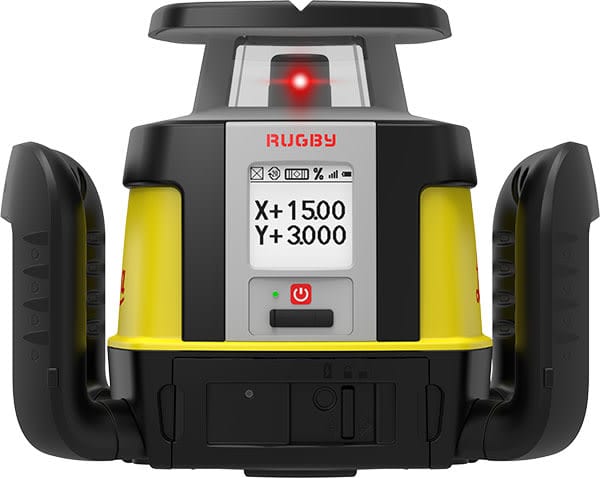
The automatic, self-leveling dual grade laser levels are the most rugged, cost-effective laser levels that do multiple jobs. Dual Grade Laser Levels can withstand drops of up to one meter (three feet) onto concrete and tripod tipovers up to 1.5 meters (five feet). This strength, combined with full weatherproofing and dustproofing, reduces downtime and lowers repair costs over the life of the product.
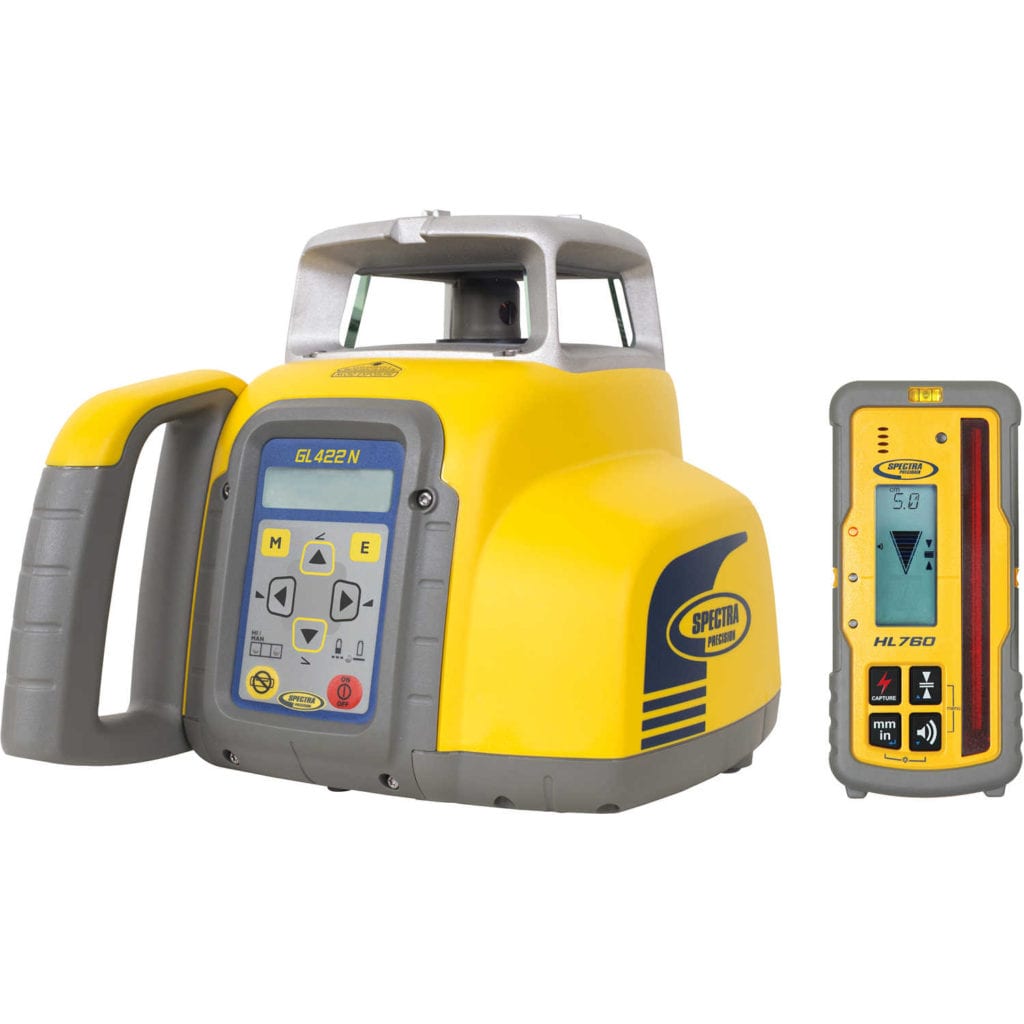
Single grade laser levels deliver consistently reliable and accurate performance, enabling you to work faster and smarter.
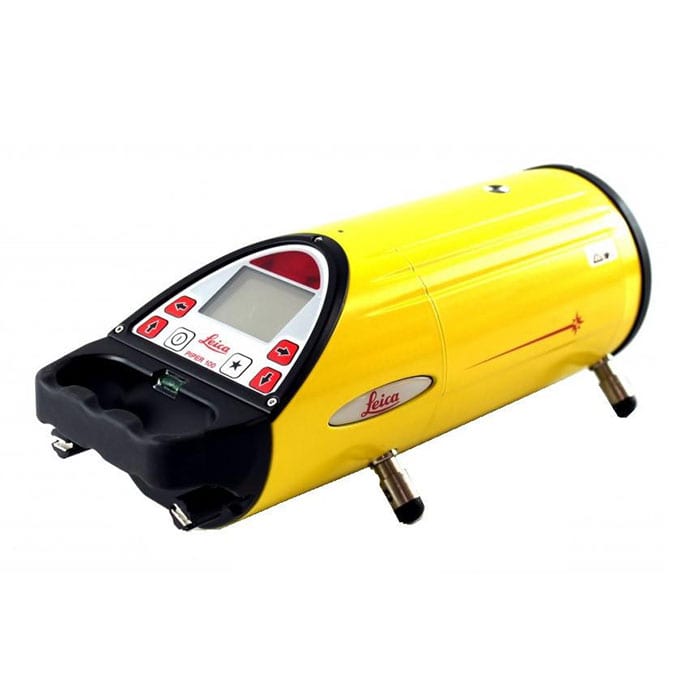
Pipe lasers are the perfect tool for making sure that your pipes are properly leveled, because it measures the slope and grade with a high degree of accuracy.
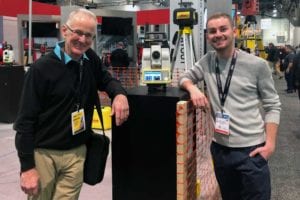
Leaving so soon?
Get Your Free Ultimate Buyer's Guide to Total Stations!
Unlock expert insights and make the right choice for your construction layout needs.
